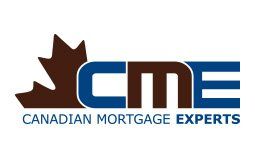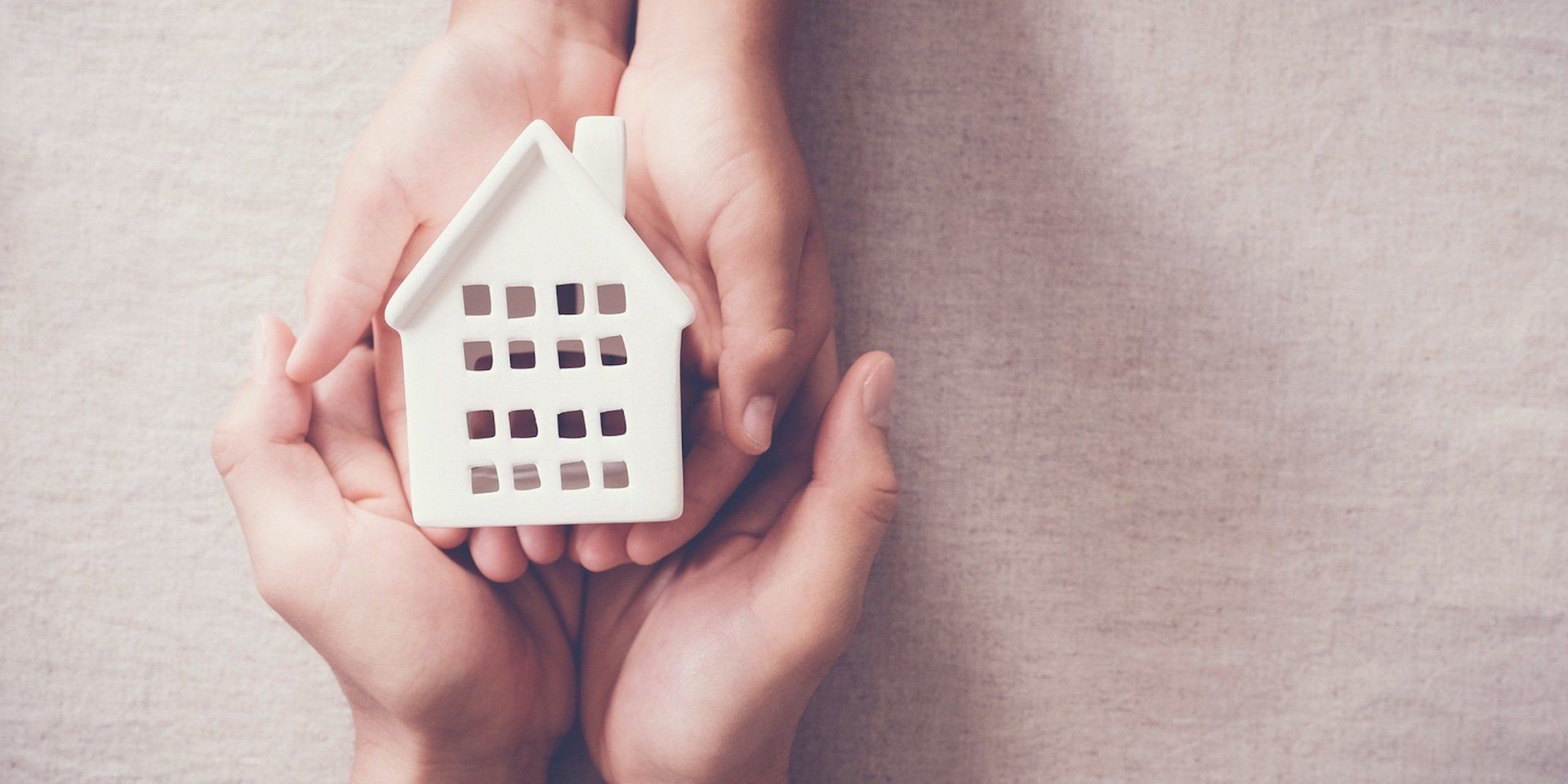Insurance Products When You Own a Home
When it comes to your home, big or small, be prepared to be bombarded by a number of insurance products to keep you protected. While it can seem overwhelming, it’s a good idea to get familiar with the basics of some of the insurance you will either need to have, or choose as an optional.
Title Insurance: Title insurance is an insurance policy that protects residential or commercial property owners and their lenders against losses related to the property’s title or ownership. It is not a requirement in many parts of Canada, but don’t dismiss it outright.
Title Insurance can protect you from existing liens on the property’s title, but it’s most common use is protection against title fraud. Title fraud typically involves someone using stolen personal information, or forged documents to transfer your home’s title to him/herself, without your knowledge. The fraudster then gets a mortgage on your home and disappears with the money. Title Insurance is a one-time fee or premium with the cost based on the value of your property. You can purchase title insurance through your lawyer or title insurance company like First Canadian Title Company.
Mortgage Protection Insurance: Just before you sign off on your mortgage, your broker is required to tell you about mortgage protection insurance. While this insurance is also optional, don’t dismiss it outright. Almost every broker has a story of someone who passed on the extra coverage and tragedy hit. The majority of people skip over getting mortgage insurance for two reasons: they don’t want to spend the money, or they already have some type of life insurance policy through work.
But if you have spouse and kids, you need to think about whether they can carry on with the mortgage payment. If they can’t they’ll be forced to sell. For a few dollars a month extra, it may not be a bad idea.
There are also a number of different policies that could work for your budget. Manulife’s Mortgage Protection Plan offers you immediate insurance and can be canceled at any given time.
While you think you may be covered through your work, you need to take a closer look at the policy.
Mortgage insurance is a debt replacement while life insurance is an income replacement. You need to understand the difference. You also need to see just how much you’re going to get through your life insurance policy. Unless you’re a police office or firefighter, you may end up being surprised just how little you end up with at the end of the day.
Property/fire insurance: Before you close on your home, your lender is going to require you have home insurance. While there are different types of coverage, home insurance generally covers you from damage to the home that is accidental or unexpected like a fire. It can also cover the contents of the home depending on your insurance package. If you’re buying a condo or a strata, you’re also going to need similar condo insurance that covers you for your unit.
Consider this: Just because you have home insurance doesn’t mean you’re covered in the event of a flood or earthquake. Depending on where you live, you may need to purchase additional coverage to be protected from a natural disaster. It’s best to talk to your insurance provider to make sure you’ve got the coverage you need. Don't know anyone? Talk to any of our Canadian Mortgage Experts, we'd love to make an introduction.
This article was included in the DLC monthly newsletter for March 2019, but we posted it here, because we care about you. Deeply.




